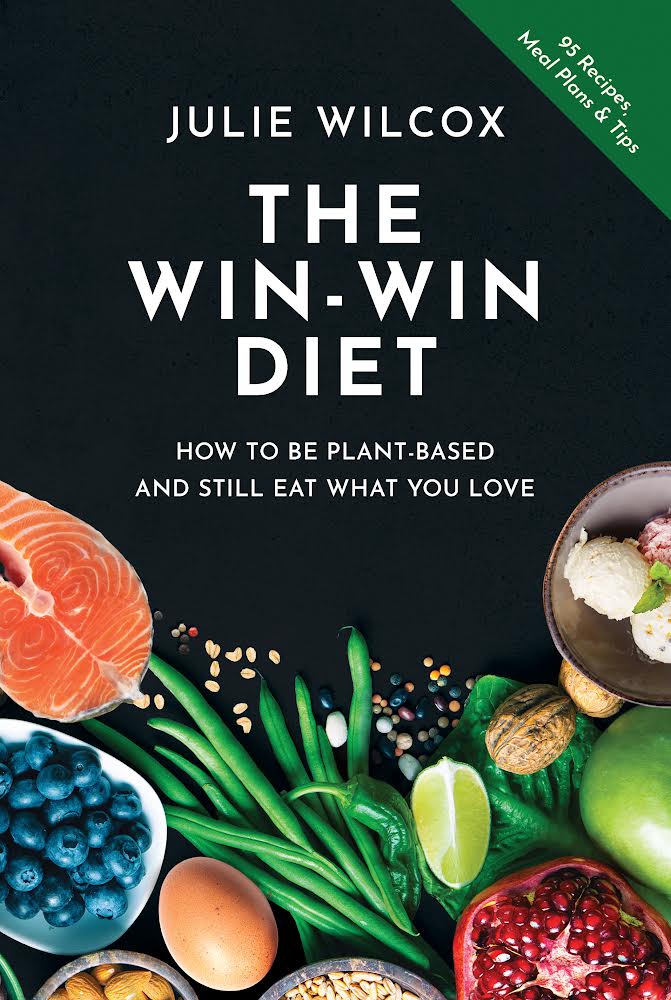If you’ve been keeping up with the latest in wellness and health news, you’ve likely encountered a multitude of articles highlighting new studies that emphasize the positive impact of coffee on our health. The age-old questions, “Is coffee good for me?” and “Is coffee bad for me?” are finally gaining some clarity, backed by scientific research. Here’s the scoop: not only can most of us savor up to six cups of black caffeinated coffee daily, but we can also enjoy a plethora of health benefits in the process. While the latest research on black caffeinated coffee is robust, providing a clear answer to the question “Is black coffee good for you?” the evidence regarding the health benefits of decaffeinated coffee is somewhat less conclusive.
Recent studies have found that drinking coffee between three and six times a day can have numerous benefits. It can reduce the risk of developing and dying from:
- Heart disease or heart failure
- Chronic liver disease
- Type 2 diabetes, some cancers
- Alzheimer’s
- Depression
- Multiple sclerosis
Some Noteworthy Research Findings
A study conducted by Kao et al. delved deeper into the Framingham Heart Study, comparing its results with data from two other well-known heart studies. Each study, encompassing over 21,000 participants with a follow-up period of at least 10 years, consistently revealed that coffee consumption can lower the long-term risk of heart failure.
In the UK, a study on liver disease involved nearly 500,000 participants who consumed caffeinated coffee, decaffeinated coffee, and instant coffee. All participants experienced health benefits, thanks to two powerful antioxidants, cafestol and kahweol. These antioxidants, which have been supported by other research, exhibit anti-inflammatory properties that promote liver health.
Still other epidemiological studies conclude that coffee can reduce the risk of type 2 diabetes. High coffee consumption has been associated with better glucose tolerance and decreased glucose sensitivity. Five or more cups of coffee a day have been correlated with an overall lower risk of type 2 diabetes.
While these are just a couple of examples from the latest research demonstrating how coffee can contribute to disease prevention, there’s much more to explore. So, if you’ve been perplexed or burdened by your coffee consumption, you can now breathe easy. However, there is one caveat: it’s essential to be mindful of how you prepare and consume your coffee. As mentioned earlier, all these studies emphasize the benefits of black coffee. If you’re accustomed to sweetened lattes, Frappuccinos, espresso con pannas, or other coffee concoctions infused with milk, sugar, alternative sweeteners, and saturated fat, these don’t qualify and can, in fact, lead to weight gain and chronic health issues. That being said, there’s nothing wrong with indulging in a properly portioned coffee treat on occasion.
Lastly, it’s important to note that while coffee has its benefits, it may not be suitable for everyone. If you suffer from insomnia, anxiety, high blood pressure, or are pregnant, for instance, you might not tolerate coffee well. In such cases, it might be wise to skip coffee altogether and opt for herbal or green tea instead.




